Want to stay up to date on our cases, events and publications? Subscribe to our newsletter.
Using the law. For a world free from torture, exploitation and fortressed borders.

ECCHR is an independent, non-profit legal and educational organization dedicated to enforcing civil and human rights worldwide. It was founded in 2007 by Wolfgang Kaleck and other international human rights lawyers to protect and enforce the rights guaranteed by the Universal Declaration of Human Rights, as well as other human rights declarations and national constitutions, through legal means. Together with our global network, we enforce human rights and make injustice visible. In court and society.
Current cases
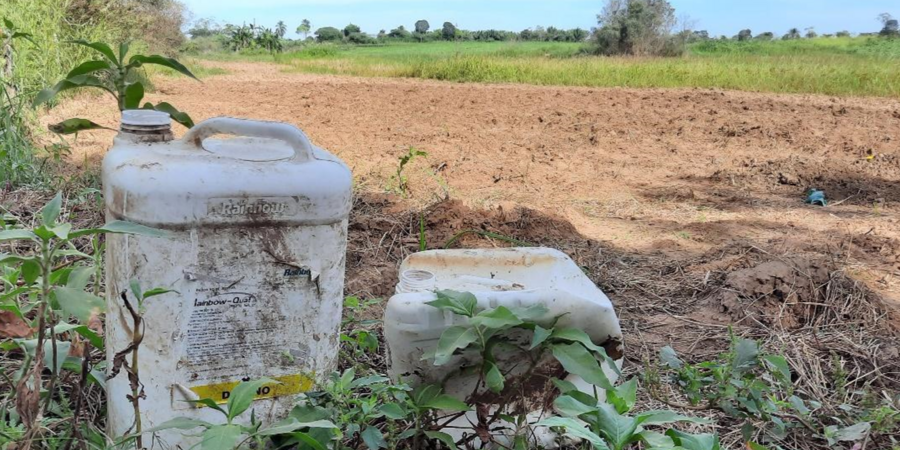
Bayer's agricultural business model in South America violates OECD guidelines
Six organizations from Argentina, Brazil, Paraguay, Bolivia and Germany have jointly filed an OECD complaint against Bayer AG in Germany for violating the OECD Guidelines for Multinational Enterprises. Bayer has been criticized for years for selling toxic pesticides bundled with its genetically modified soybean seeds, which have serious impacts on people and the environment.
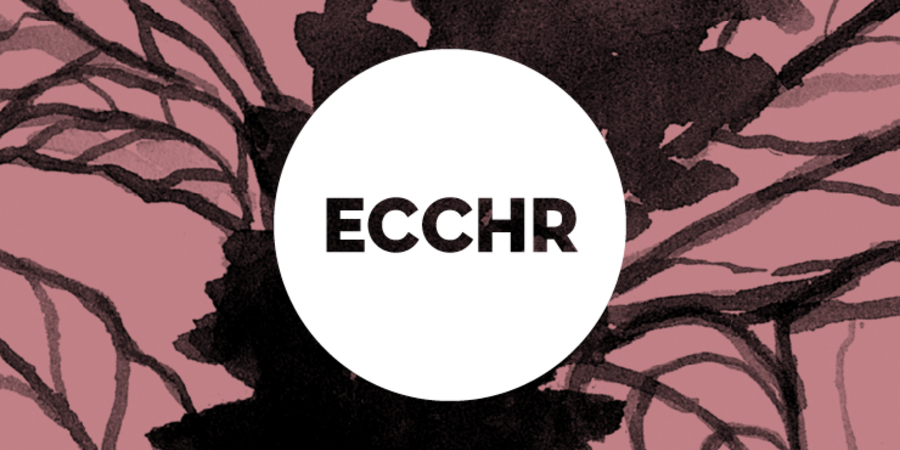
ECCHR 2023 Annual Report
The recent dispute over an EU supply chain law exemplifies just how easily universal human rights can be sacrificed to the interests of the few. The existence of human rights is not a foregone conclusion; rather, they must be defended and fought for again and again. Our annual report sheds light on the kind of opposition we must be prepared for, as well as how we can work to overcome it.
![[Translate to Englisch:] Iuventa Mission. Credits: Friedhold Ulonska](/fileadmin/_processed_/d/0/csm_Iuventa_mission_credits_Friedhold_Ulonska_c73133e0ec.jpg)
IUVENTA trial discontinued
After two years and 40 hearings, the preliminary proceedings in the most extensive and controversial investigation against four crew members of the Iuventa and 17 other people from civilian sea rescue organizations were closed today and all defendants acquitted.
![[Translate to Englisch:] Der Deutsche Bundestag Plenarsaal-Gebäude Reichstagsgebäude Platz der Republik Berlin](/fileadmin/_processed_/5/b/csm_Der_Deutsche_Bundestag_Plenarsaal-Gebaeude_Reichstagsgebaeude_Platz_der_Republik_Berlin_-_Foto_2009_Wolfgang_Pehlemann_Steinberg_DSCN9832_e57d6f53fe.jpg)
No German weapons of war to Israel
Together with our Palestinian partners, we are taking legal action against German exports of weapons of war to Israel, which are being used in Gaza. On behalf of five Palestinians living in the Gaza Strip whose relatives were killed by Israeli rocket attacks, we demand the immediate suspension of the German government's export licenses for arms shipments to Israel. The ongoing export of weapons of war violates the Federal Republic of Germany's obligations under international law.
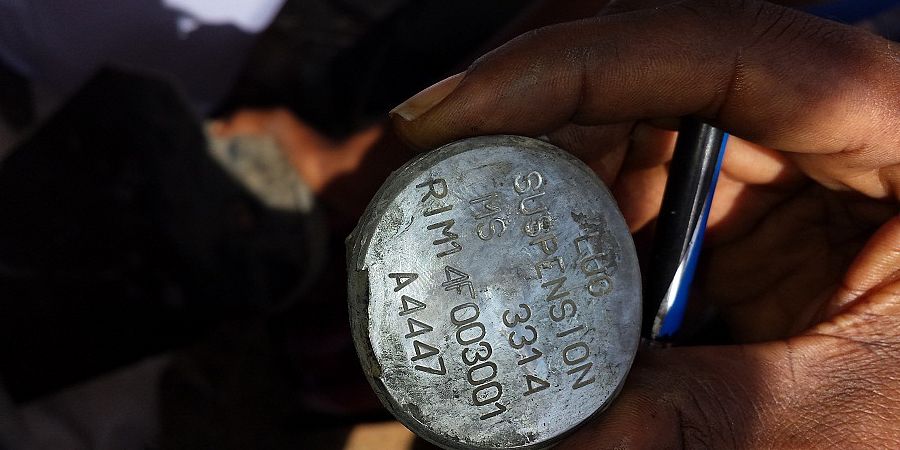
War crimes in Yemen: Renewed call for accountability
Nine years ago, the Saudi Arabia-led military coalition launched their aerial campaign in Yemen. European actors played a central role in the conflict and subsequent humanitarian crisis that Yemenis continue to endure. Together with our partners, we renew our call to the international community to hold European actors accountable for the involvement during the conflict.
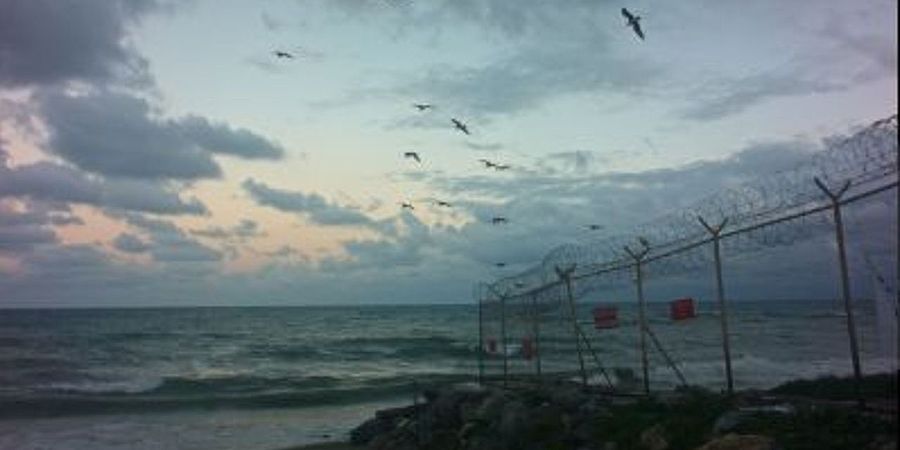
Spain in front of UN Committee Against Torture
February 6 marks the tenth anniversary of the deadly pushback at Tarajal in Ceuta. The victims and their families continue to search for justice. In January 2024, Ludovic N., survivor of the deadly pushback, submitted a complaint to the UN against Spain for multiple violations of the Convention Against Torture.
Together with those affected and partners worldwide, ECCHR uses legal means to end impunity for those responsible for torture, war crimes, sexual and gender-based violence, corporate exploitation and fortressed borders.
Donate for justice
Institute for Legal Intervention
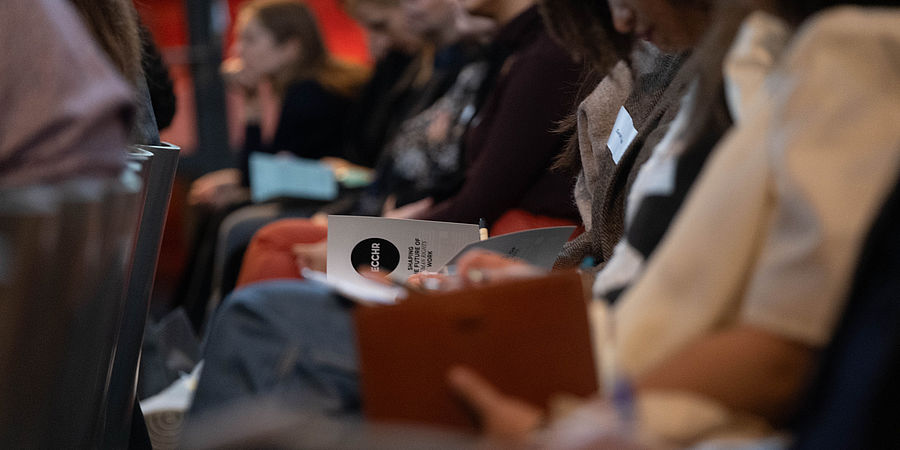
Critical Legal Training
At ECCHR, we look to a growing network to share and develop our motivation, knowledge and innovative approaches to conducting human rights work. With this in mind, ECCHR’s Critical Legal Training focuses on training, networking and collaborative learning. To ensure the future of progressive human rights work, we take part in an ongoing learning process together with young lawyers and our international colleagues.

International Summer School on business and human rights practice
Together with the FAU and Tilburg Law School, ECCHR organizes an international summer school for human rights practitioners and advanced students on the topic of business and human rights practice. Participants will meet experts and discuss topics such as corporate liability, human rights due diligence or supply chain responsibility.
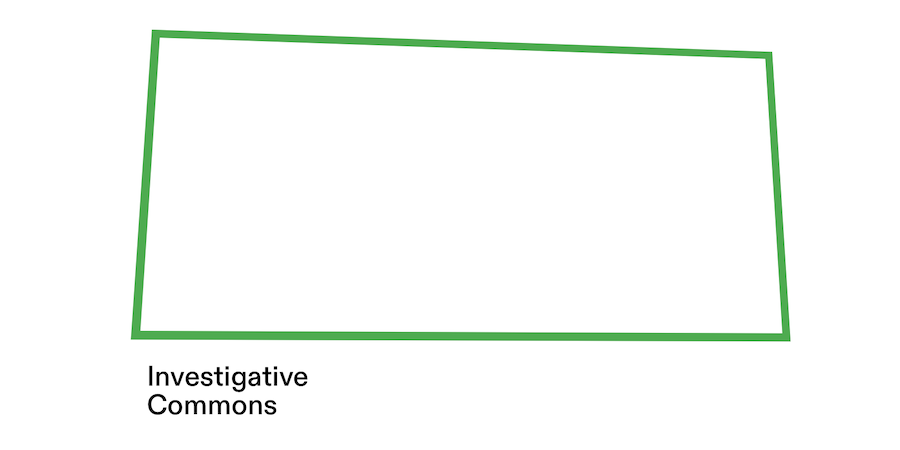
Investigative Commons reinvents legal investigations
To expand the production of (forensic) evidence to actors beyond state-appointed experts and to use forums other than courts for accountability, we co-founded the Investigative Commons in 2020 together with long-time partner Forensic Architecture and their German sister agency Forensis.
The Institute for Legal Intervention focuses on critical perspectives on the law, particularly concerning power and power dynamics. We aim to make a long-term contribution to societal, legal and political debates through exchange with universities and research institutions, through our training and co-learning activities, through collaboration with our partners worldwide as well as in dialogue with artists and activists.
ECCHR in the media
Schengen’s Paper Pushbacks
Rejoinder from ECCHR and foodwatch to NaturAceites' response
Germany faces domestic lawsuit over its arms sales to Israel
Confronting Forced Demographic Change in Northern Syria: Inclusive Justice for Sustainable Peace
How a German government bank financed deforestation in Paraguay
ECCHR assessment claims Russia attack on Mariupol Theater was a war crime
Let’s stay in touch
Publications
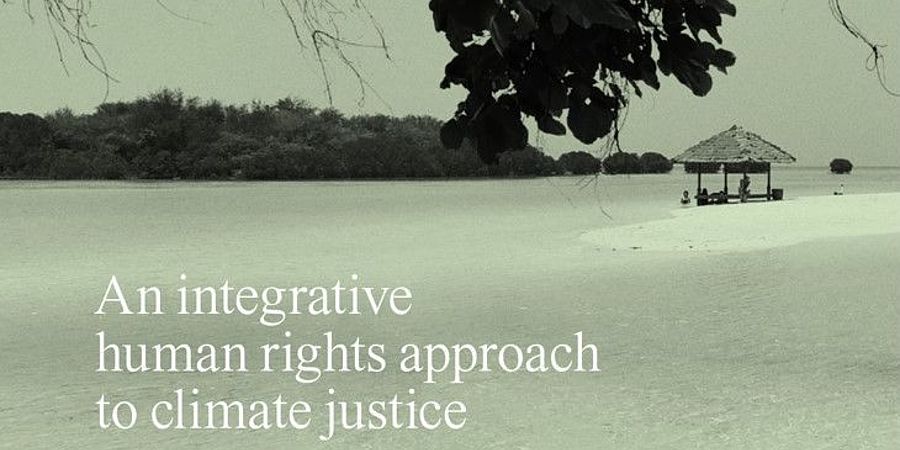
Why climate justice is not just about reducing greenhouse gas emissions
Without a human rights approach, there can be no sustainable fight against the climate crisis. The struggle for climate justice must not be limited to reducing CO 2 emissions: it is about tackling the causes of the crisis itself.
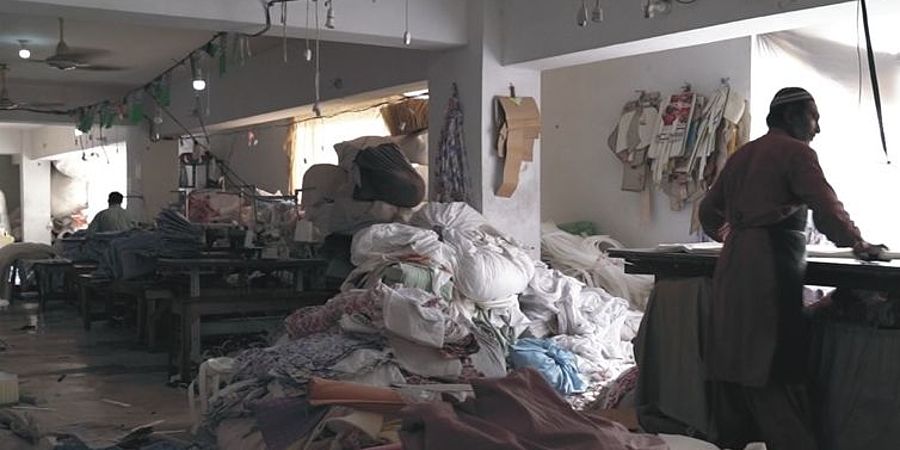
No Contracts, no Rights: How the Fashion Industry Avoids Paying Minimum Wages in Pakistan
New research findings show that German companies' supply chains often do not even pay the minimum wage. The report "No Contracts, no Rights: How the Fashion Industry Avoids Paying Minimum Wages in Pakistan" uncovers alarming labor rights violations in textile factories in Pakistan that have been going on for years.
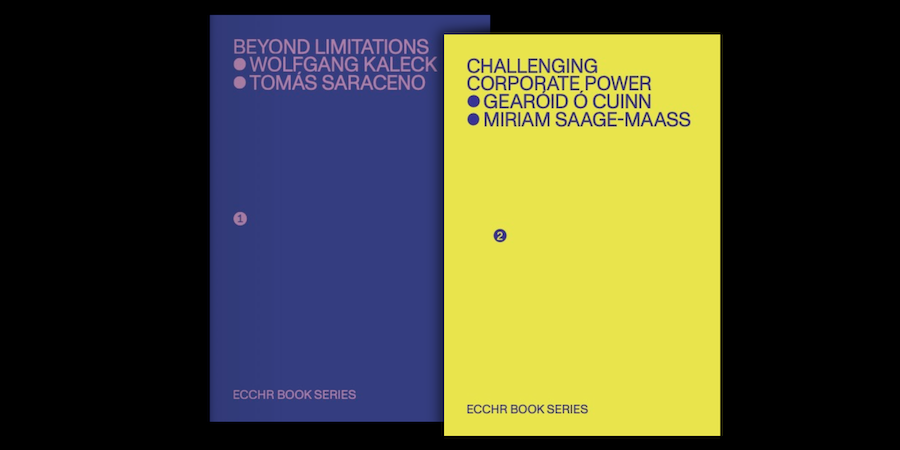
ECCHR Book Series
The ECCHR Book Series aims to examine the potentials and pitfalls of human rights work in a shifting political and legal landscape. Uniting diverse voices across disciplinary boundaries, each book explores overlapping political, economic, social and environmental challenges worldwide, as well as strategies to combat them.
In the first two books, ECCHR General Secretary Wolfgang Kaleck discusses the role of art in political and legal interventions with artist and activist Tomás Saraceno, and ECCHR Legal Director Miriam Saage-Maaß and GLAN Founding Director Gearóid Ó Cuinn explore new systemic approaches toward combating corporate power.
In order to sustainably change the law, a transformation of social power relations is needed – and new laws have to be created. This is why ECCHR initiates and participates in legal and law-related policy debates, organizes public events and publishes on selected topics.
15 Jahre Engagement
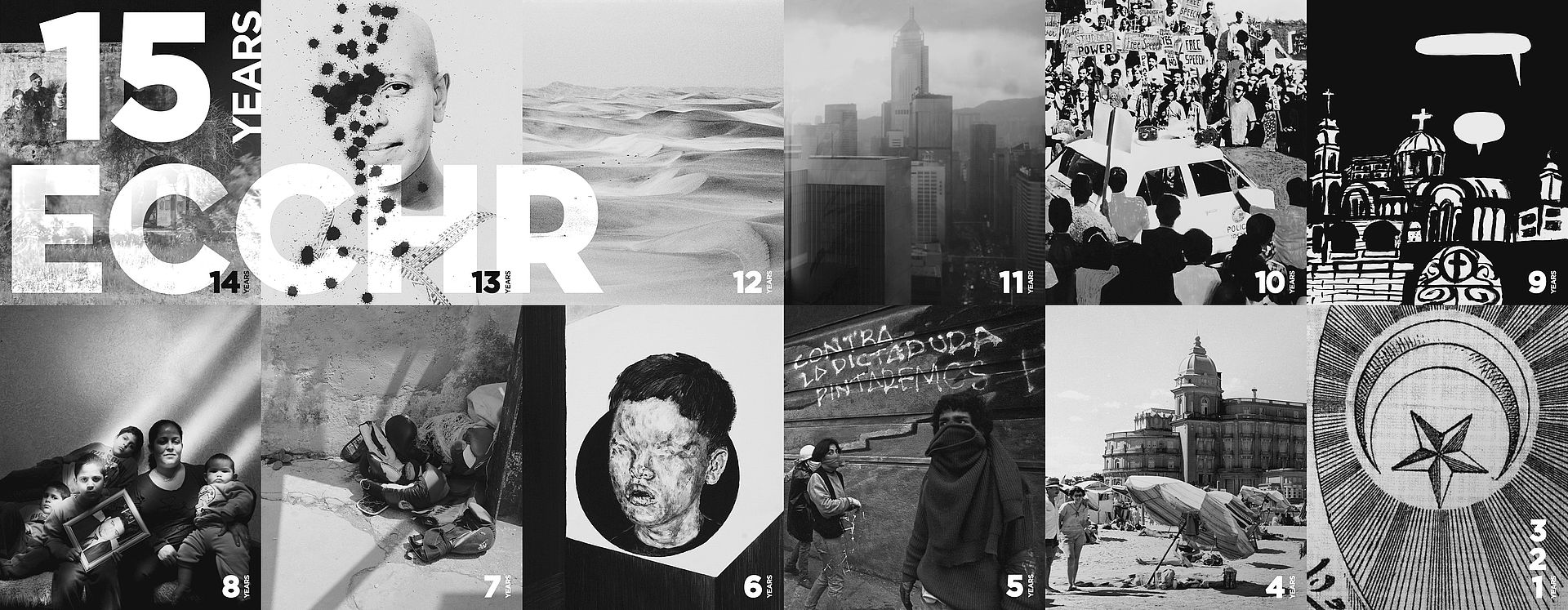
The existence of human rights is not a foregone conclusion – rather, they must be defended and fought for again and again. The challenges of legal human rights work demand perseverance and have been our central focus since ECCHR’s foundation in 2007. Read our multimedia article “Fighting for 15 years to uphold human rights worldwide.”




